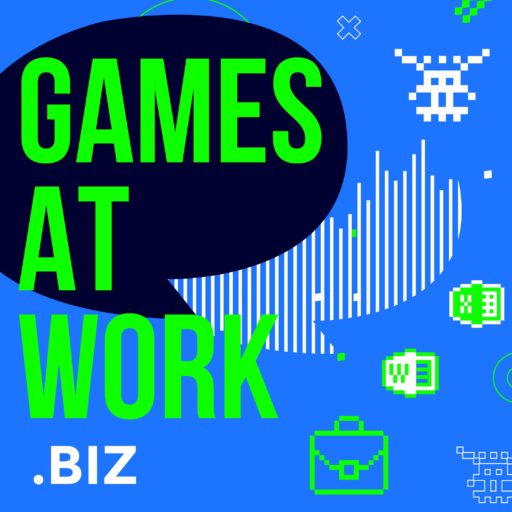The Michael’s are back with a bit gamification for travel, we try and take a different approach then our prior episodes were we talked about how the Airline Industry was gaming boarding, and see if we can setup an on-line auction for improving your seating on the plane. Perhaps we can get a bit of advice from Zaboo and his seat saving network idea (see “The Guild” season 5). How can you make this game work for both the passenger and the airlines? When at restaurants can we figure out a way to swap locations in line? Can the Restaurant get in on the action? We have a few ideas!
We then look at geolocation data, and it may allow a group of travelers, can find new and exciting things to do when in a new location. There are a few new apps in this space to mention on the show.
We then take a deeper look at Kano – A kickstarter project that is now available for regular purchase. It helps gets get started with programming by teaching them python game programming using a very cool Raspberry PI setup. Thank you @epredator for the great blog post.
Show Links:
Prior Travel Gamification Episodes:
Episode 5 – Draw Some Money
Episode 56 – The Shame Game
Episode 65 – Planes, Games, and Automobiles
Other Show Links:
Kano Coding for Kids of All Ages
Kano
One Laptop Per Child
Raspberry PI
Handy keyboard of Raspberry PI
Podcast: Play in new window | Download (Duration: 27:22 — 19.0MB) | Embed
Subscribe: Apple Podcasts | Spotify | Amazon Music | Android | Podcast Index | Youtube Music | RSS | More


 How to stuff a wild duck – poster
How to stuff a wild duck – poster